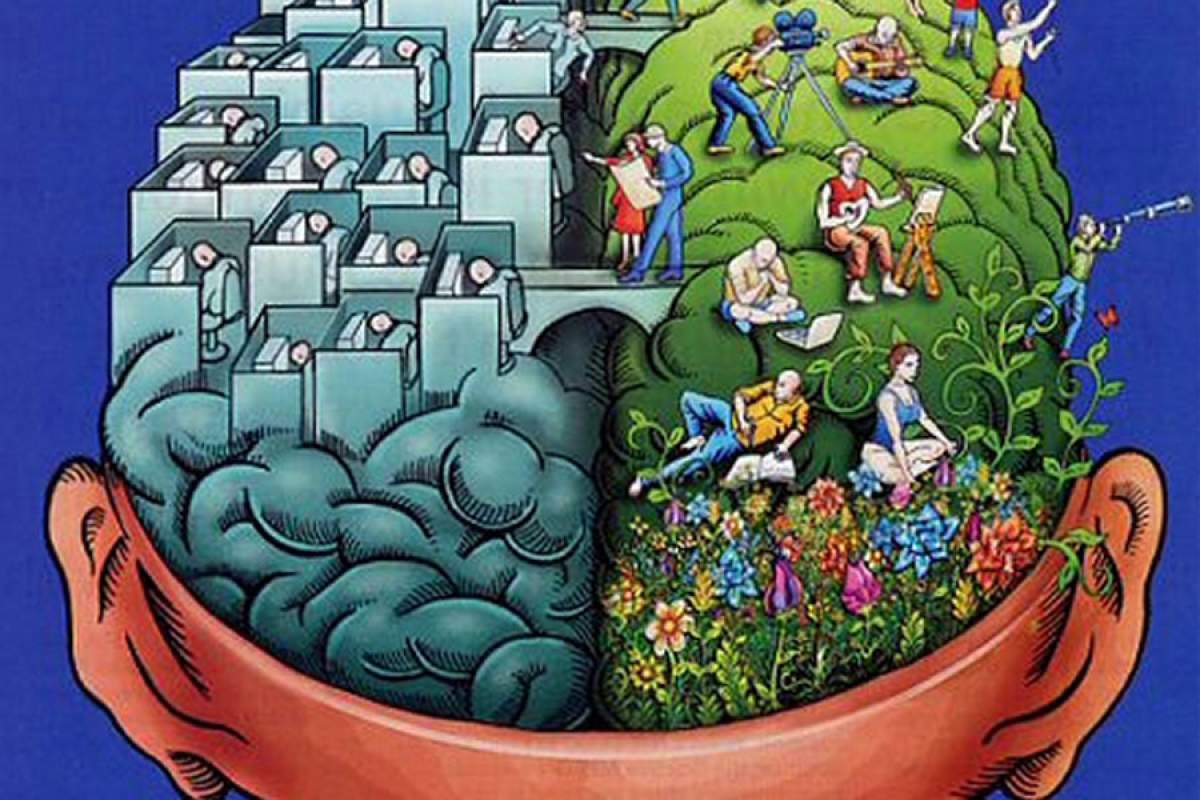
Scientists used to think that for all its complexity, the brain was pretty static. Once the brain matured, it essentially stopped growing and changing. And when neurons, or brain cells, were lost or damaged, they were gone for good.
Not Static
But recent discoveries have caused neuroscientists to change their tune. The human brain is anything but staticin fact, it's constantly growing and changing as it adapts to new information and circumstances.
For example, scientists now know that there's a mechanism in the hippocampus a brain part involved with memory, among other things that gives birth to new brain cells. Scientists don't know exactly why the brain makes new cells or what the cells do. They may have something to do with forming memories, or be used to replace dead or damaged cells.
Being Active
In any case, in a recent experiment, scientists working with mice shut down their brains' ability to make new cells. At first, the researchers observed that the mice had reduced functioning in cellular mechanisms in the brain important for memory formation.
But after about six weeks, they noticed that the mice's brains had begun to compensate by making existing neurons more active. Relatively newborn neurons created before the researchers shut down the neuron birthing process reacted by living longer than they normally wouldalmost as though they knew that replacements would not be forthcoming and so they had to work overtime to help the brain get back on course.
The Future
This research is of the most basic, foundational kind. But knowing more about how the brain responds to changes could eventually have profound implications for how doctors understand and treat Alzheimer's, dementia, and other brain illnesses.
Read More:
- Reorganizing the Plastic Brain (TS-Si)









